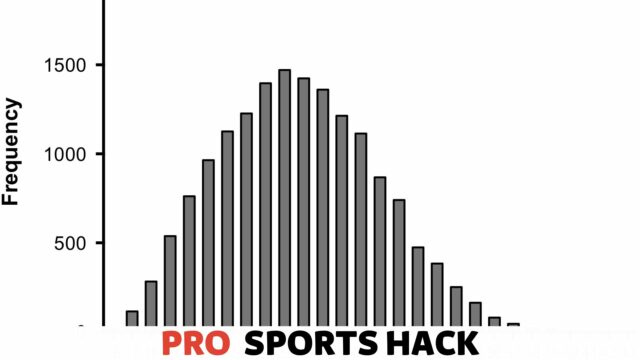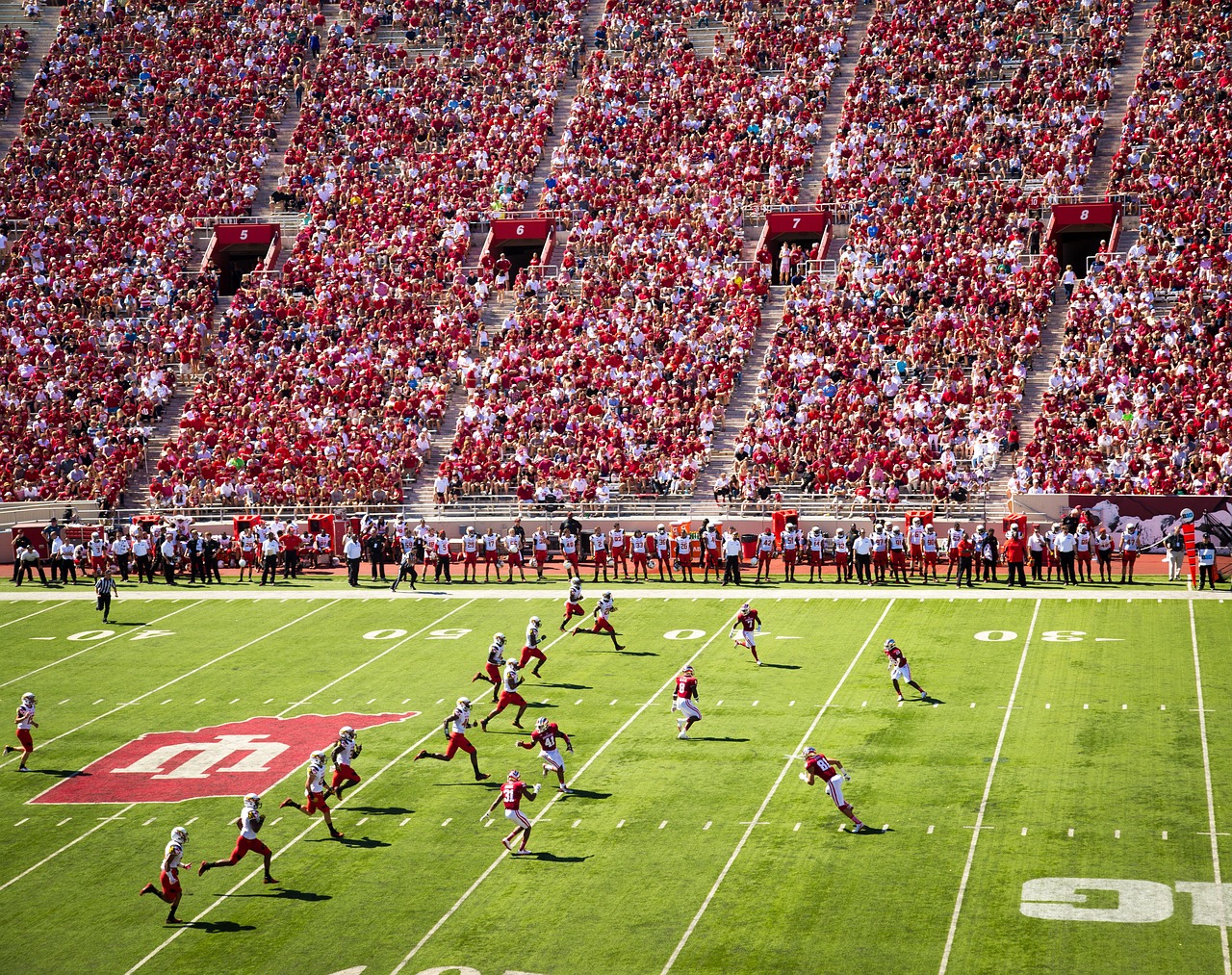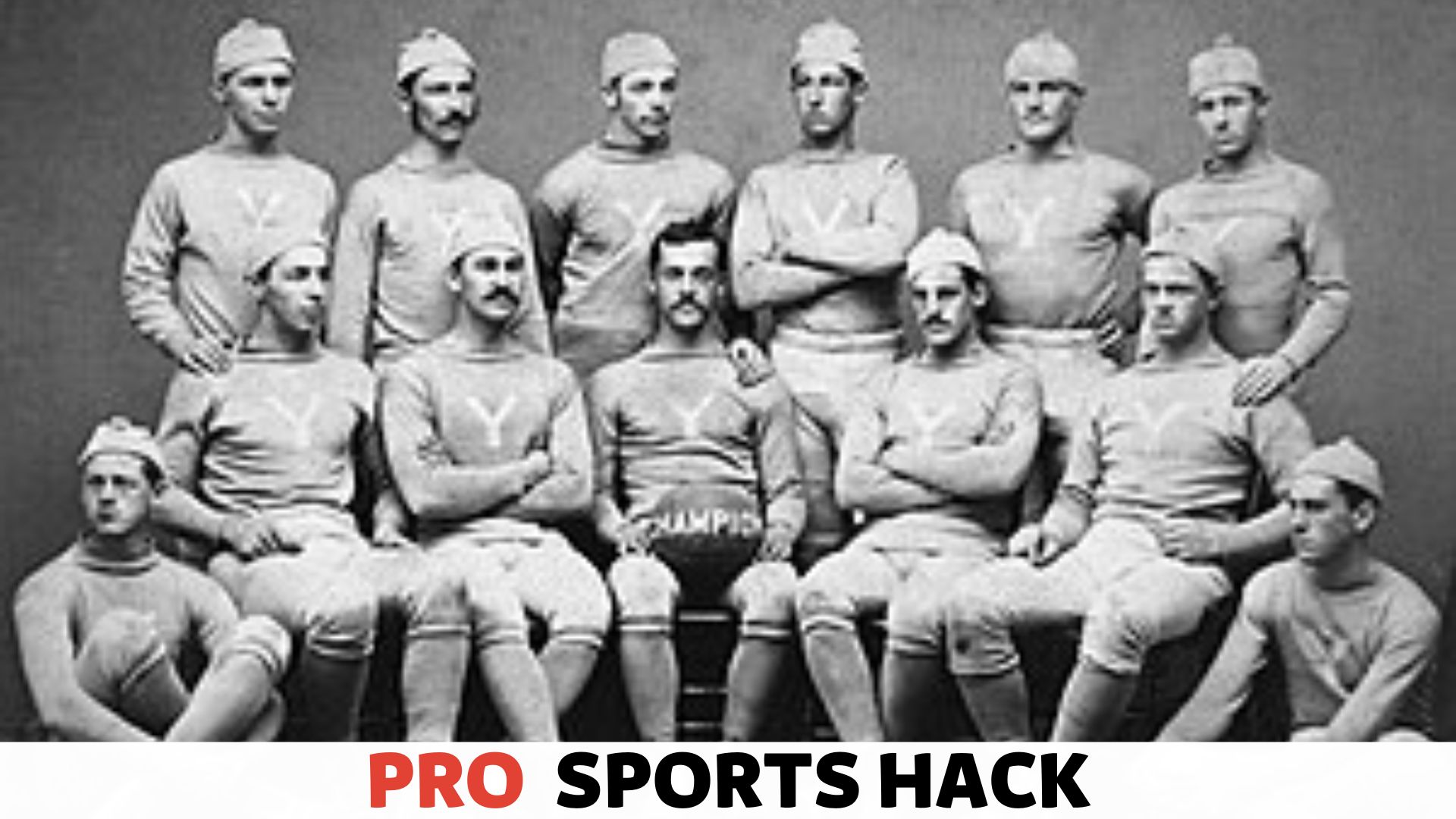
Soccer players typically retire in their late 30s or early 40s, depending on their physical condition and career longevity.
It is a natural progression in their professional lives, as their bodies can no longer withstand the physical demands of the sport at a competitive level.
As they age, players may experience a decline in performance and an increased risk of injuries. Retirement allows them to explore new opportunities, such as coaching or transitioning into other sports roles.
Ultimately, the decision to retire is personal, based on various factors, including physical ability, passion for the game, and future career prospects.
Age Factors In Soccer Retirement
As professional soccer players age, the question of retirement becomes increasingly relevant. Age Factors in Soccer Retirement determine when players leave the field and pursue other opportunities.
Several factors contribute to this decision, including physical demands, injury risk, and overall career longevity.
Physical Demands
The physical demands of professional soccer can take a toll on players’ bodies over time. With the sport’s fast-paced nature and extensive running, players face the risk of wear and tear on their muscles and joints as they age.
This can lead to decreased mobility and endurance, impacting their ability to perform at the highest level.
As a result, many players may consider retirement when they feel they can no longer meet the intense physical demands of the game.
Injury Risk
Injuries are an inherent risk in soccer, and the likelihood of experiencing them increases with age. The body becomes more susceptible to sprains, strains, and potentially career-ending injuries as players advance.
The recovery process from these injuries can also become more challenging, impacting a player’s ability to maintain peak performance.
Given professional soccer’s high stakes and competitive nature, the risk of sustaining severe injuries often prompts players to contemplate retirement at a certain age.
Financial Considerations
When it comes to the retirement of soccer players, financial considerations play a pivotal role in determining the timing of their departure from the game.
Professional soccer is known for its high salaries, lucrative endorsements, and substantial transfer fees, all contributing to a player’s financial stability during and after their career.
Contracts and Transfers
Professional soccer players sign contracts with clubs that dictate their salaries and bonuses. The length and terms of these contracts often influence the retirement decisions of players.
Typically, players nearing the end of their contracts may choose to retire or seek a transfer to a club that offers a more financially attractive deal.
Transfer fees also play a significant role in a player’s financial planning, as they can provide a substantial financial windfall, influencing the decision to retire or prolong their career.
Endorsements
Soccer players often secure lucrative endorsement deals with global brands, leveraging their popularity and influence to secure additional income streams.
These endorsements can substantially bolster a player’s financial position, providing an extra cushion for retirement.
However, as a player’s influence and marketability wane with age, the value of these endorsements may diminish, prompting them to consider retirement.
Personal Life and Family
When soccer players retire, they often face a significant transition not only in their professional careers but also in their personal lives.
A soccer player’s job demands can be all-encompassing, requiring intense physical training, travel, and time away from loved ones. This section focuses on the personal life and family aspects of a soccer player’s retirement journey.
Life Balance
Professional soccer players often sacrifice many personal and family milestones throughout their careers due to their commitment to the game.
The intense training schedules and travel requirements can lead to a lack of work-life balance. Retirement allows players to regain this balance and prioritize their personal lives.
One aspect of life balance that retired soccer players often focus on is spending quality time with their families.
They can now create cherished memories with their loved ones and be present for important milestones, such as birthdays, anniversaries, and family vacations.
The newfound freedom deepens family bonds and creates a strong support system for players in their post-retirement journey.
Support System
In the fast-paced world of professional soccer, players often rely on a strong support system to navigate the demands of the game.
This support system includes family members, friends, teammates, coaches, and agents. However, regarding retirement, the roles within this support system may change.
| New Roles within the Support System | Previous Roles During Playing Career |
| Family members providing emotional support and guidance | Family members attending matches and offering support during training |
| Friends providing reassurance and companionship | Friends attending matches and sharing the joys and challenges of the game |
| Former teammates offering advice and understanding | Teammates training together and supporting each other during games |
| Coaches and agents assisting with career transition and opportunities | Coaches and agents guiding players’ professional development and contracts |
Having a strong support system during retirement is crucial for a soccer player’s emotional well-being and successful transition.
This support can help players navigate the challenges of adjusting to a new lifestyle and pursue new opportunities.
Furthermore, retired soccer players may seek professional assistance to ensure a smooth transition. This may include engaging with career counselors, financial advisors, and mentors who specialize in assisting athletes during their post-playing careers.
These professionals can provide guidance and valuable insights to help players make informed decisions about their future.
Mental and Emotional Readiness
Mental and emotional readiness are crucial in determining when soccer players retire.
The ability to cope with physical decline and adapt to life after retirement are vital factors in deciding when to hang up the boots.
Psychological Stress
Soccer, a physically demanding sport, also takes a toll on players’ mental and emotional well-being.
The relentless pressure to perform at peak levels, combined with the scrutiny from fans, media, and club management, can lead to significant psychological stress.
This stress can manifest in various forms, such as anxiety, depression, burnout, and even loss of motivation.
Factors like injuries, performance slumps, and personal issues can exacerbate psychological stress in soccer players. These challenges can make it difficult for players to maintain focus, make sound decisions, and perform consistently on the field.
The psychological stress endured by soccer players is often a key factor in their decision to retire from professional sport.
Transition Planning
Retirement from soccer is a physical transition and a significant psychological shift. The abrupt end to a player’s career can lead to feelings of loss, identity crisis, and uncertainty about the future.
Transition planning becomes crucial to mitigate these challenges.
Transition planning involves helping players prepare for life after soccer. It includes exploring and developing alternative career paths, providing financial guidance, and offering emotional support during transition.
By focusing on retirement’s mental and emotional aspects, players can gain the confidence and clarity needed to make a smooth transition to the next phase of their lives.
Effective transition planning ensures that retiring soccer players have a clear sense of purpose and renewed motivation, reducing the risk of mental health issues commonly associated with post-career adjustment.
Conclusion
Soccer players retire when their physical abilities decline, or they feel they can no longer perform at their peak level. Retirement decisions are influenced by factors such as age, injuries, and overall career goals.
While some players retire early to pursue other interests, others continue playing well into their late thirties.
Ultimately, the decision to retire is deeply personal, shaped by physical and mental factors. Understanding the various reasons behind retirement can help players and fans navigate this inevitable phase of a soccer player’s career.
So, whether it’s age or a desire to explore new opportunities, retirement marks the end of a chapter and the beginning of a new journey for soccer players.




![Cat in the Chrysalis Spoiler: All You Need To Know [Updated] Cat in the Chrysalis Spoiler](https://prosportshack.com/wp-content/uploads/2024/02/Cat-in-the-Chrysalis-Spoiler-100x75.jpg)














